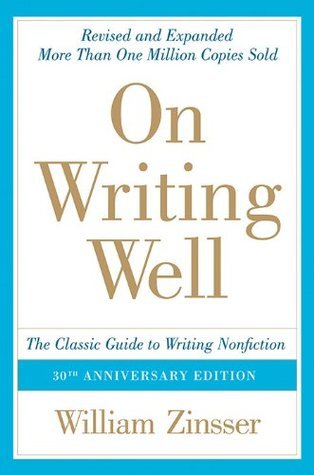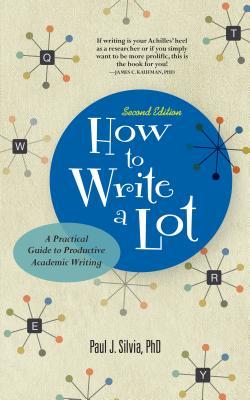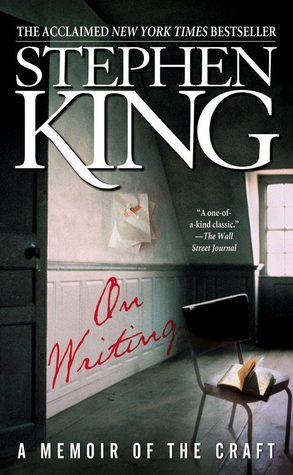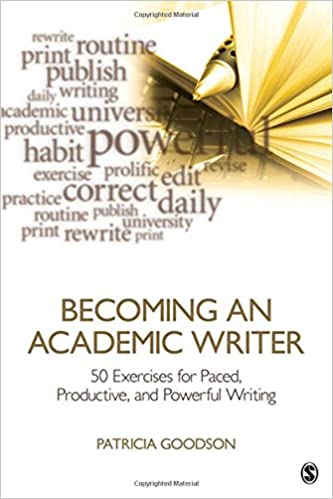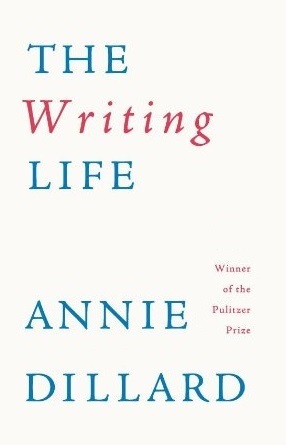Written by Abigail Beard
You might be wondering why we’re talking about running in a writing blog post. I mean, this is a writing blog, not a fitness blog, right?
Yes!
Exercise, particularly running and yoga, strongly affect our ability to write for the better, and as writers, we all need to be aware of ways to improve our writing skills while maintaining our physical and mental health.
Plenty of famous authors and writers engage in some form of running or walking—among them are Stephen King, Joyce Carol Oates, Malcolm Gladwell, Frederich Nietzsche, and Henry David Thoreau—and for all of them, running improves their writing or helps them push past writer’s block and sticky writing places. Even if you aren’t seeking a profession in writing, you are a writer for your classes, and you might benefit from reading a little further.
Why running and yoga?
When stuck on a problem, one of the best solutions is to do something physically active. This allows our brains to rest from their mental work and forces us to concentrate on our physical bodies, and it’s an effective solution to facing a mental block for several reasons.
We often develop writing ideas while doing something physical, such as exercising, crafting, or even gardening.
Physical activity offers a mental break from writing or creative activity, letting our subconscious work behind the scenes or just take a break! This is the main reason so many authors, journalists, and creative-minded people say they go for a walk or run while working on a project, and many of them say they get that “Aha!” moment (what I like to call a pop-up toaster solution–when an idea that’s been cooking for a while suddenly pops to the forefront of our consciousness) while in the middle of a run.
TWU’s very own Dr. Jacquelyn Elliott, Interim Director of the First-Year Composition Program, has researched this subject and divides her conclusions into two groups:
- Generative knowers: people who generate writing ideas when running
- Restorative knowers: people who use exercise as a “lubricating effect” on the brain, enhancing its work afterward
For those who set out on a run or a walk with the purpose of generating ideas, Dr. Elliott suggests that it’s helpful having a background in meditation to better filter out distractions and let wayward thoughts come and go. This helps generative knowers stay on track and focus completely on the action of creating. However, this shouldn’t stop you from walking and running if you don’t have a background in meditation! Running and walking will still help you sink into another mental state and “clear away the cobwebs”4 before you return to your writing.
Vigorous exercise, such as going for a run, a brisk walk, or doing a vinyasa sequence (a faster-paced type of yoga that links movement to the breath) pumps blood to our brains, helping them work more effectively.
Loudin, a Washington Post contributor and avid runner, writes, “running requires a high level of physical activity; writing calls for a high level of cerebral activity,” and the additional “oxygen-rich” blood going to our brains during exercise boosts brain activity. Finally, if you’re anything like me, you often hunch over your computer for hours while writing and researching. Hunching inevitably block our bodies’ blood circulation. Practicing yoga enables us to stretch and open our backs, chests, and shoulders, improving circulation and our postures.
Have you ever tried to write when you’re stressed? It’s difficult, isn’t it? For those of you who, like me, struggle to write when you’re stressed, here’s how running and yoga can help:
When you run, practice yoga, or engage in another form of exercise, your body releases endorphins and endocannabinoids (feel-good neurotransmitters)
These neurotransmitters naturally boost your mood and alleviate stress by lowering cortisol, the body’s stress hormone. You may have heard of this as “runner’s high.” Yoga also attacks cortisol by increasing dopamine, serotonin, and melatonin hormone production in the body. Yoga and running help us be present in the moment and forces us to not think about the past or the future and “to-do” lists. Simply put, exercise is a natural and extremely effective means of alleviating your stress, freeing up your brain to write!
What’s stopping you? Maybe some of these excuses sound familiar, and here are some solutions:
“I don’t have time.”
Good news! Plenty of YouTubers have at-home yoga workouts you can follow from the comfort of your bedroom. Minimal prep work needed!
Here are some of my favorites:
- Yoga by Candace (Candace Moore is an internationally certified yoga instructor and is the author of the book Namaslay.)
- Yoga With Adriene (Adriene is a certified yoga instructor based in Texas, and she recently compiled a playlist called Yoga for Uncertain Times that is quite relevant right now. She also has a yoga practice specifically for writers!)
- Blogilates (Cassey Ho is an award-winning certified fitness and Pilates instructor based in California.)
- Yoga With Adriene (Adriene is a certified yoga instructor based in Texas, and she recently compiled a playlist called Yoga for Uncertain Times that is quite relevant right now. She also has a yoga practice specifically for writers!)
“I’m not flexible.”
Flexibility takes time, and you don’t need to be crazy flexible to feel a creative rush. Do what you can, listen to your body, and give yourself grace!
“I hate running; it’s the worst, and the only reason in the world I would run is if a hoard of zombies was chasing me.”
No problem! If you hate running, walk! There are plenty of amazing hiking and walking trails in your area. Google some!
“I don’t have the proper equipment or location.”
Running is convenient—all you need is yourself, the outdoors, and some running shoes. As for yoga and Pilates, yoga mats, blocks, and straps are available at Five Below and TJ Maxx for under $10.
“I’m giving myself a ‘day off’” (that then turns into a week off, a month off…)
Give yourself a goal to work toward to motivate you, be it “I’m going to run to the end of the block and back,” “I saw this yoga pose on Instagram and want to learn how to do it,” or something else! And understand that you don’t have to run or do yoga for an hour to help you write—10, 15 minutes is all you need.
The next time you find yourself struggling to write, or if you just want to improve yourself as a writer, lace up those tennis shoes and head outside, or roll out your mat and check out one of those YouTube channels! And when you do, leave a comment below to let us know if this helps you, or share your experience if you can relate!
Happy writing and running!
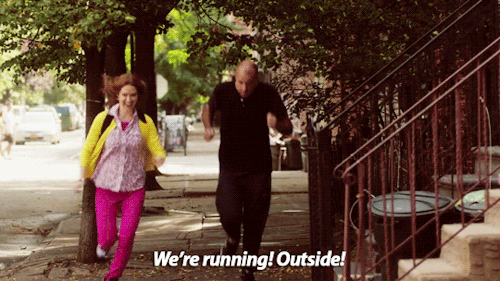
References
Burfoot, Amby. “10 Astounding and Evidence-Supported Health Benefits of Running.” Podium Runner. 23 March 2020. https://www.podiumrunner.com/culture/10-amazing-benefits- running-might-not-known/
Burfoot, Amby. “Running, Thinking, and Writing.” Podium Runner. 11 June 2019.
Elliott, Jacquelyn. Personal Interview. 8 April 2020
Fetters, K. Aleisha and Alison Feller. “12 Amazing Benefits of Running.” Shape. https://
www.shape.com/fitness/cardio/11-science-backed-reasons-running-really-good-you
Holiday, Ryan. “The Timeless Link Between Writing and Running and Why it Makes for Better Work.” Mission.org. 23 Jan. 2018. https://medium.com/the-mission/the-timeless-link- between-writing-and-running-and-why-it-makes-for-better-work-5be232e40c2
Loudin, Amanda. “Why writers should take up running — and vice versa.” The Washington Post. 5 Oct. 2016. https://www.washingtonpost.com/lifestyle/wellness/why-writers-should- take-up-running–and-vice-versa/2016/10/04/d9de82a0-8435-11e6-92c2-14b64f3d453f_story.html
Pilz, Kerstin. “Why writing and yoga are the perfect companion practices.” Write Your Journey.




